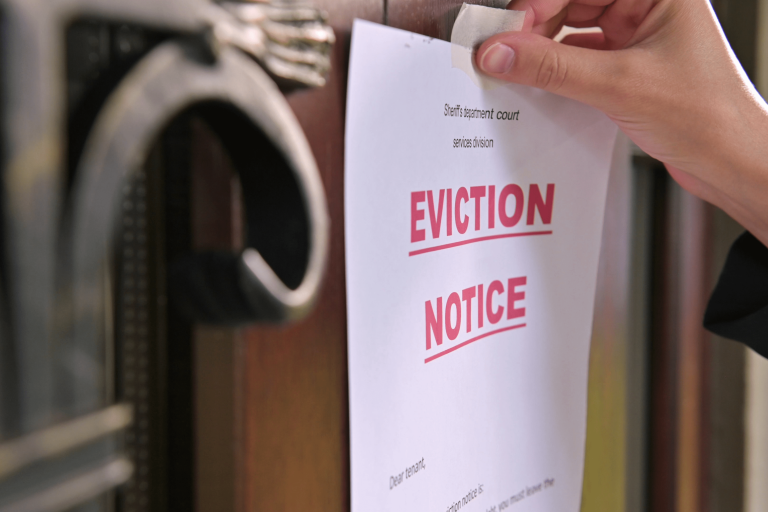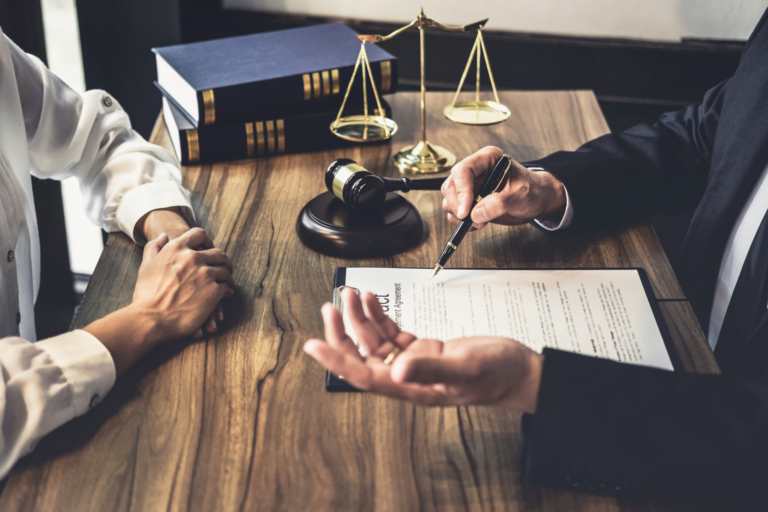A lien is a legal right that allows a creditor to claim the asset of a borrower to satisfy an underlying obligation. If the owner of the asset fails to meet the underlying obligation, the lien holder can seize and sell the property to get the amount owed.
In this article, you will find out the types of liens in Florida.
What Types of Liens Are There in Florida? – Full Walkthrough
Consensual Liens
Also referred to as “voluntary liens,” consensual liens are the result of a debtor’s voluntary action. This category includes liens resulting from unpaid obligations associated with residential mortgages, vehicle loans, or other types of financing.
In such cases, a lender requires the borrower to pledge an asset as collateral to secure o loan or line of credit. There are two subcategories of consensual liens, which are:
- Purchase-money security interest liens, and
- Non-purchase-money security interest liens
The first subcategory encompasses financing methods that purchase the borrower the funds required to purchase a home, a car, furniture, or equipment. The second subcategory applies to situations in which a debtor uses already-owned property as collateral to take out a loan, such as mortgages or mortgage refinancing.
Statutory Liens
If a lien is not the result of the voluntary actions of a debtor, it may also be obtained through state or federal laws. In such cases, a creditor relies on statutory rules to attach a lien to a debtor’s property and fulfill pending obligations.
Chapter 713 of the Florida Statutes is solely dedicated to lien-related regulations. This chapter is subdivided into three major categories – construction liens, miscellaneous liens, and oil/gas liens.
Also referred to as “mechanics liens,” construction liens are listed among the most common types of liens in Florida. If a person fails to pay constructors, suppliers, or materialmen, the injured party may attach a lien to the debtor’s property to secure the payment for the goods or services provided.
Owners of properties with a lien attached to their title cannot sell the property until properly meet the lien’s underlying obligation. If the owner decides to sell the property anyway, the lien holder has a secured interest in a share of the proceeds from the sale.
Another type of statutory lien that affects Florida residents is the tax lien category. Depending on which type of tax one has failed to pay, delinquent taxpayers can have their assets attached with a lien by the local, state, or federal government.
If an involuntary lien occurs as the result of a lawsuit, it is referred to as a “judgment lien.” In such cases, the creditor must seek a court order to attach a lien to the debtor’s property.
For example, if a person wins a judgment against another, and the defendant fails to pay the amount established in court, it may result in a judgment debt. This debt can turn into a lien attached to the defaulting party’s assets, which can be sold to satisfy the amount owed in the judgment.
Handling Liens Does Not Need to be Overwhelming – Immediately Seek Expert Legal Guidance
A well-versed legal advisor in Florida lien law, Attorney Romy B. Jurado has a zealot approach when it comes to defending her client’s interests. Contact us today by calling (305) 921-0976 or emailing [email protected] for an individual consultation.






